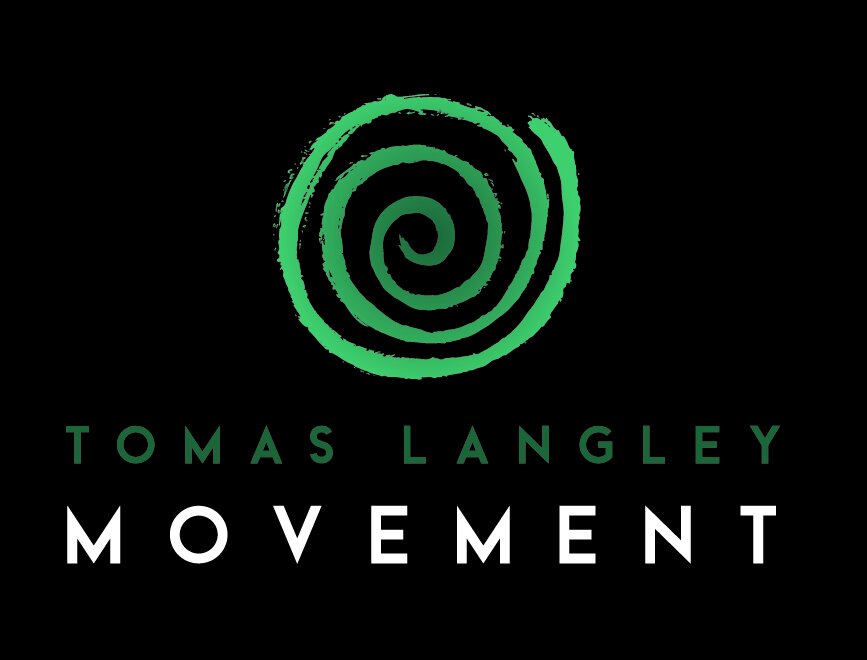On Friday, I tried to buy tickets to a concert.
I played the game that we all know all to well. I sat online ready to purchase well before the release time. The tickets went on sale at 09:00, the time ticked over, I sat waiting for five minutes while the site dealt with the volume. I got in after five minutes, only to discover that there were zero pairs of seats available for the concert. The standing room tickets were sold out, and even the super expensive tickets that I can’t afford we’re gone.
I rolled the dice, and came up with nothing.
I wish someone would come up with a better system for this kind of thing. Currently, it’s based on random chance. There’s nothing I could have done to increase the likelihood of being let into the site when there were tickets available. This time I was unlucky, other times I’ve been lucky.
I don’t know what the solution is, but it’s not a good system.
That said, a system where one can pay more isn’t a good system either[1].
I wonder, has anyone come up with something better? Are ticketing companies trying to solve this problem? Are they incentivised to solve this problem?
-
Arguably that already exists with the hugely expensive tickets that don’t sell as quickly. ↩




